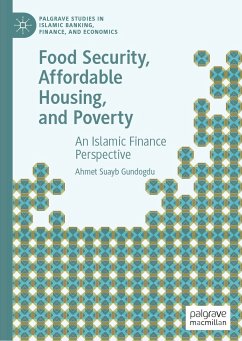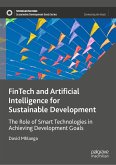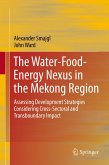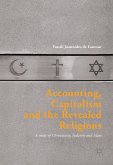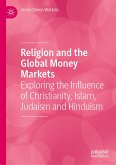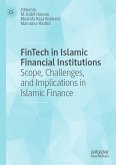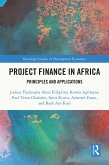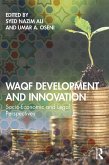This book is also premised on the understanding that the financial sector can promote economic progress only if it channels capital to the most productive use while avoiding moral hazard and adverse selection. The issue of collateral taking promotes a situation where financial institutions prefer to lend only too big-to-fail structures for shelter and food sectors that fuel poverty and inequality. This adverse selection ultimately gives rise to food security and affordable housing issues. This indicates that financial liberalization is not the solution to dealing with poverty and inequality. Instead, strong policy initiatives and financial regulations to direct capital to provide long-term sustainability are needed.
Ahmet Suayb Gundogdu is Senior Professional at the Islamic Development Bank, where he has been employed since 2008. He holds a Ph.D. in Islamic Finance from Durham University (UK). He is Co-author, along with Amadou Thierno Diallo, of Sustainable Development and Infrastructure: An Islamic Finance Perspective, published by Palgrave Macmillan in 2021.
Dieser Download kann aus rechtlichen Gründen nur mit Rechnungsadresse in A, B, BG, CY, CZ, D, DK, EW, E, FIN, F, GR, HR, H, IRL, I, LT, L, LR, M, NL, PL, P, R, S, SLO, SK ausgeliefert werden.

